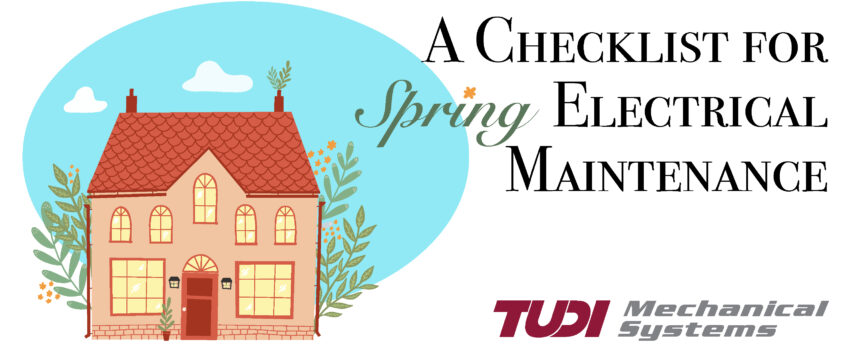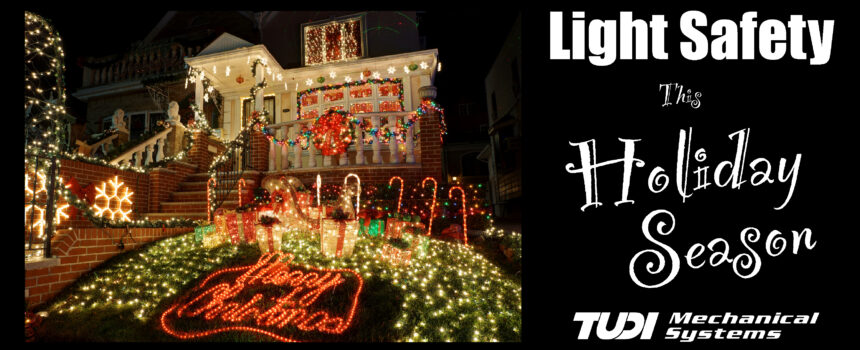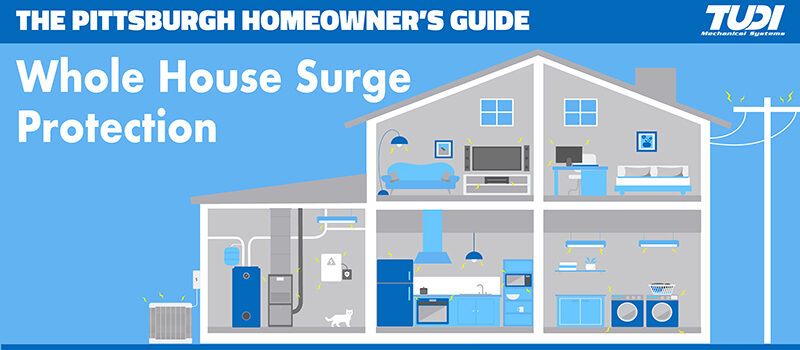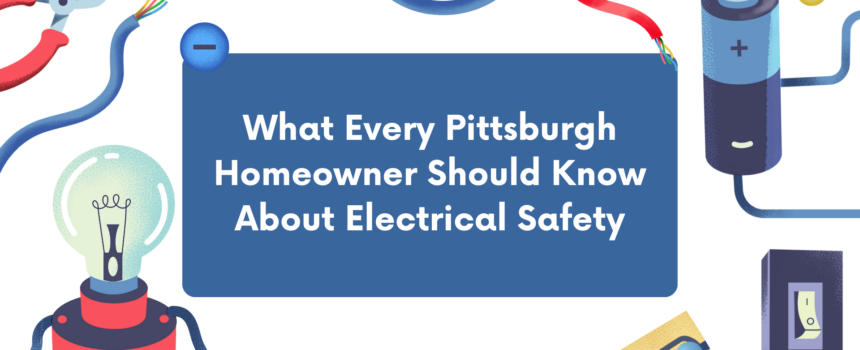A Checklist for Spring Electrical Maintenance

Spring is upon us which means it is the perfect time to rejuvenate and refresh your home, including maintaining your electrical system.
As the days get longer and the temperatures get warmer, there’s a good chance you will start using more electricity to power your air conditioning and other electrical appliances inside and outside your home. That is why it’s important to make sure your electrical system is in full working condition for the coming months.
Continue reading “A Checklist for Spring Electrical Maintenance”



